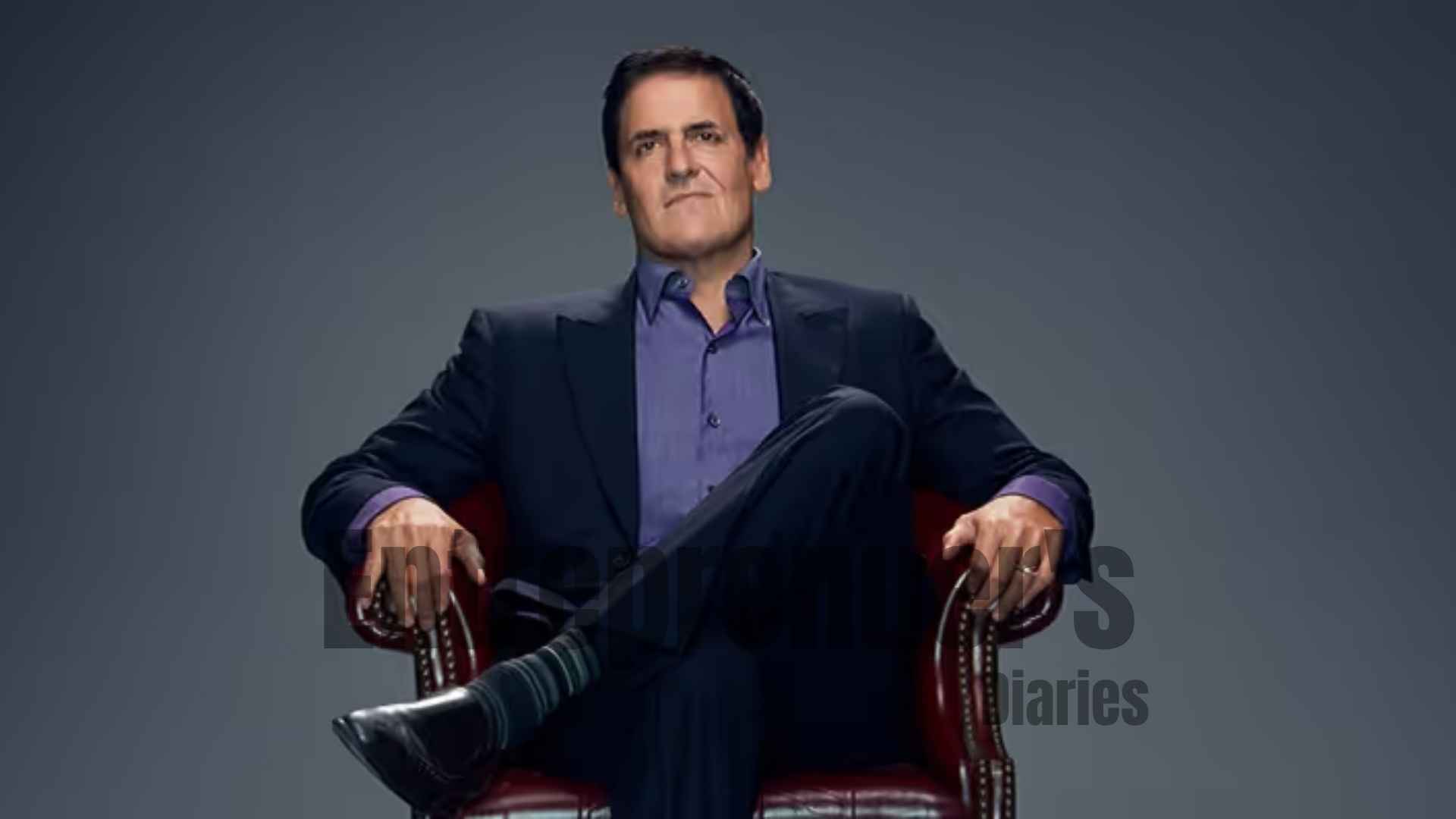Mark Cuban does not pace. He charges into tech, into media, into sports. Into arguments he knows he’ll win. Into deals no one else sees coming. And into industries that are practically begging to be blown apart.
From selling trash bags door-to-door in Pittsburgh to co-founding a company Yahoo! would buy for $5.7 billion, Cuban has built a reputation on one core principle: betting on himself. And unlike most moguls who coast once the money lands, Cuban just kept running. Headfirst.
He bought a basketball team. He launched a generics drug company. He outmaneuvered venture capital firms on national television. And now, at 65, he’s still not slowing down. Frankly, he doesn’t know how.
Betting on Himself, Even Before the Odds
There was no trust fund. No golden safety net. Cuban grew up middle-class in Pittsburgh, where he learned to sell before he could drive. He skipped his senior year of high school to start college early. Hustle was oxygen.
By the late 90s, he co-founded Broadcast.com, streaming audio on the internet before that was remotely mainstream. When Yahoo! bought it for billions in 1999, Cuban didn’t just become a tech billionaire. He became one of the few founders who cashed out before the bubble burst.
“I work like someone is trying to take it all away from me, because in tech, someone always is,” he once told The New York Times.
Courtside Capital: Disrupting the NBA from Within
In 2000, Cuban did what most billionaires talk about but never do: he bought an NBA team and actually gave a damn.
At the time, the Dallas Mavericks were mediocre at best. Cuban walked into the league with zero pedigree, all confidence, and a checkbook big enough to make waves. But it wasn’t the money that changed the franchise. It was his Silicon Valley sensibility.
He brought in analytics teams. He redesigned the fan experience. He treated the Mavericks like a startup. By 2011, they had won their first NBA Championship. And he wasn’t in the owner’s box. He was courtside, yelling at refs and learning every inch of the operation.
To Cuban, business isn’t just a game. It’s the most brutal one there is.
“Business is the ultimate sport. In business, the scoreboard never stops,” he said.
Shark Tank: Where Grit Gets the Greenlight
When Shark Tank launched in 2009, it was another reality show with a gimmick. When Cuban joined in 2011, it became a bootcamp for real entrepreneurs.
He didn’t care if founders had MBAs or polished pitch decks. He cared if they could grind. If they knew their numbers. If they were willing to be told their baby was ugly and still come back swinging.
“Sales cure all,” he’s barked more times than most can count.
Cuban has backed over 80 companies on the show, including Ten Thirty One Productions and Tower Paddle Boards, helping them scale through distribution deals, marketing strategy, and media exposure they never could’ve bought.
Turns out, the right mentor can move faster than capital.
Disruptor Without a Script
Cuban doesn’t hold his tongue. Whether it’s calling out Big Pharma, slamming overpriced tech IPOs, or dragging politicians on both sides of the aisle, he says what he thinks. Often before others do.
His startup Cost Plus Drugs is taking aim at one of healthcare’s most rigged games: prescription pricing. By cutting out middlemen and offering meds at near-wholesale prices, the company claims to offer life-saving drugs at 85 to 90 percent discounts.
Cuban’s also placed bets in AI, crypto infrastructure, carbon capture, and Web3 tools, but he’s quick to dump what stops making sense. He doesn’t worship tech. He interrogates it.
“It’s not about money or titles, it’s the freedom to wake up every day and chase whatever you’re capable of imagining,” he told Forbes.
How Cuban Thinks: Lessons in Motion
Cuban doesn’t do panels unless there’s something to say. And he’s allergic to startup theater. His advice, like his investments, is blunt:
- Launch before you’re ready. Perfection is paralysis.
- Read constantly. Cuban devours up to four hours of content a day.
- Be first, or be fast. Trends are overrated. Timing is not.
- Eat rejection for fuel. It’s part of the reps.
- Know your numbers. Passion helps you start. Precision keeps you in the game.
A Legacy of Dissent and Drive
Mark Cuban is a billionaire. But he’s never acted like a suit. He swears. He wears T-shirts. He still shows up at the gym at 6 a.m.
For a generation raised on startup pitches and social media playbooks, Cuban is a relic of something far more rare: conviction backed by action.
He’s not trying to be loved. He’s trying to be right and if he’s wrong, he’ll pivot faster than anyone watching.
And in case anyone forgot, he’s still working like someone is trying to take it all away.
Connect With Us On Social Media [ Facebook | Instagram | Twitter | LinkedIn ] To Get Real-Time Updates On The Market. Entrepreneurs Diaries Is Now Available On Telegram. Join Our Telegram Channel To Get Instant Updates.
Ratnakar Upadhayay, known professionally as Ratnakar Mavilach, is an Indian businessman who is best known for coming up with the idea for Hinglishgram, the first content delivery platform in the world. His innovative endeavors range from launching Debonair Magazine back into the public sphere.






